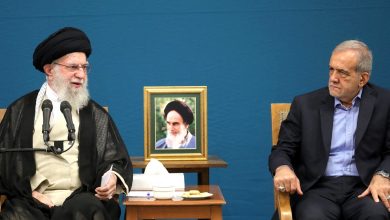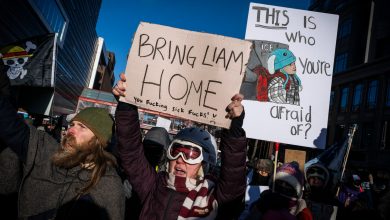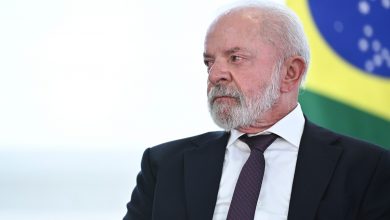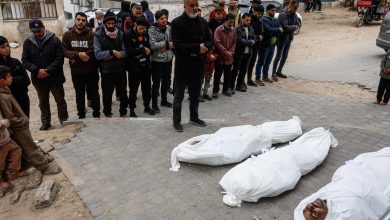The G20 Leaders’ Summit, hosted in Johannesburg, South Africa, concluded this weekend without the customary handover ceremony of the rotating presidency to the United States. The move comes amidst a simmering diplomatic dispute between the two nations over the level of US representation at the summit.
The United States boycotted the two-day gathering of leaders from the world’s major economies, reportedly due to the Trump administration’s allegations of violent oppression of the white Afrikaner minority in South Africa. Pretoria has vehemently denied these claims. Washington opted to send its Chargé d’Affaires, Mark Dillard, to attend the closing session and ostensibly receive the G20 presidency.
However, South Africa deemed the US decision to send its Chargé d’Affaires as an affront to President Cyril Ramaphosa. South Africa’s Minister of International Relations and Cooperation, Ronald Lamola, stated in a press briefing on Sunday that the United States, as a G20 member, had the option to send appropriate representation. He emphasized that the summit is a gathering of leaders, where the appropriate level of representation would be a Head of State, a specially appointed representative of the President, or a Minister.
Lamola confirmed that the absence of high-level American participation precluded the traditional handover ceremony. He clarified that President Ramaphosa would not be handing over the presidency to the Chargé d’Affaires, but rather to the United States at a location or ministerial office of their choosing within South Africa.
President Ramaphosa, the summit host, attempted to downplay the significance of Trump’s absence, asserting that the G20 remains a crucial platform for international cooperation. He stated that the G20 underscores the importance of multilateralism, emphasizing that the challenges faced can only be addressed through cooperation and partnership.
However, the summit was undeniably impacted by the American boycott. Adding to the diminished representation, China was represented by Li Qiang instead of President Xi Jinping, the Kremlin dispatched Maxim Oreshkin instead of President Vladimir Putin, and Argentina sent Foreign Minister Pablo Quirno in place of President Javier Milei. The absence of key leaders casts a shadow over the summit’s outcomes and raises questions about the future of international cooperation within the G20 framework.




